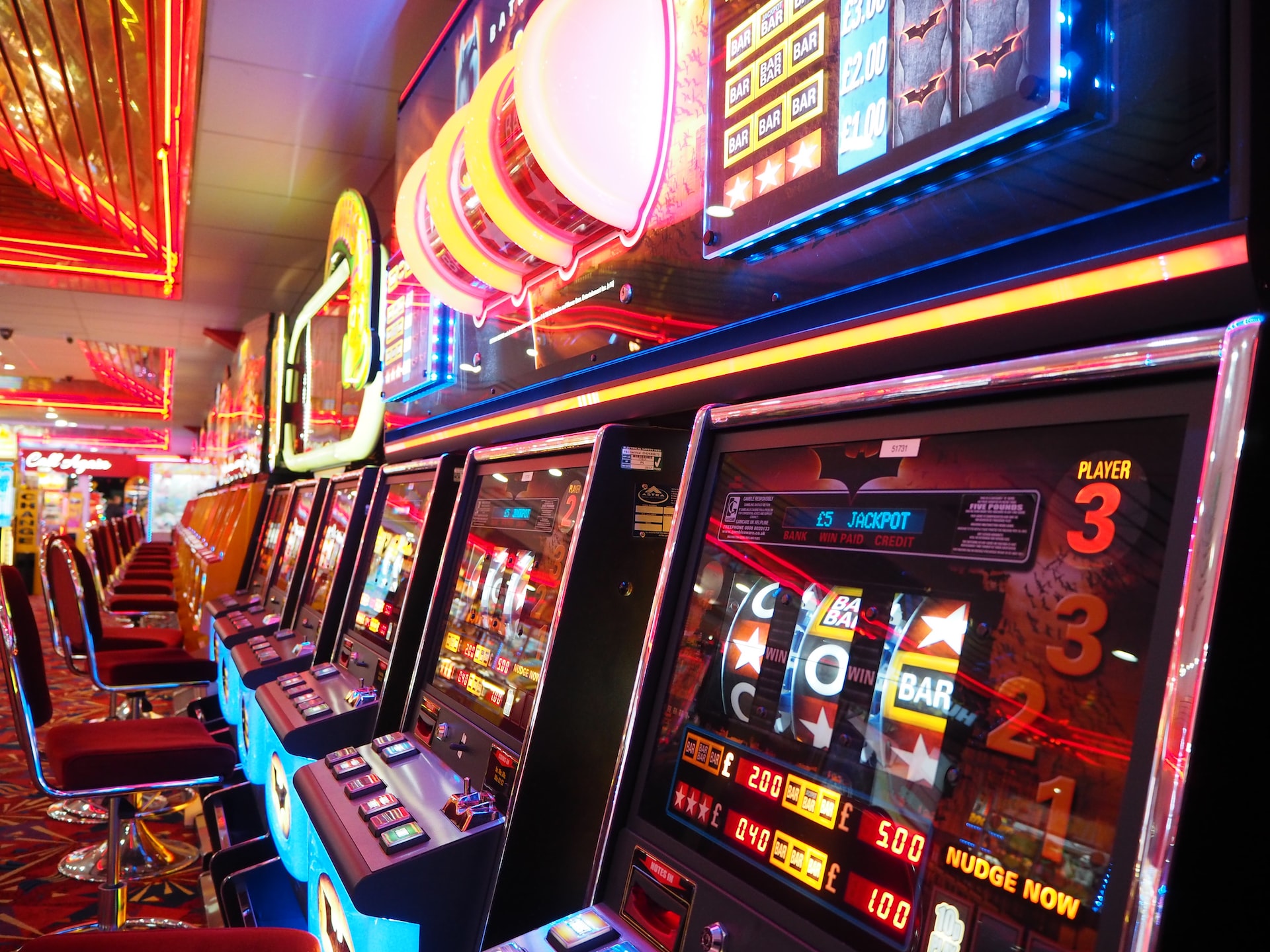Within the lively realm of gambling halls, in which the air buzzes with excitement and the clattering of chips fills the space, the position of a dealer is both essential and captivating. Every day, these skilled professionals step into a realm where luck and tactics converge, leading players through the highs and lows of their selected casino titles. From table games like blackjack and texas hold ’em to the revolving wheels of the roulette table, dealers facilitate the gameplay while making sure that each game runs seamlessly and honestly.

As the sun rises on another bustling day, a casino dealer gets ready to dive in this dynamic setting. Their duties extend beyond just distributing cards or turning a wheel; they are also entertainers, customer service representatives, and keepers of the rules. Each shift brings new challenges and experiences, making every day unique in the life of a casino dealer. This insider look will explore the day-to-day operations of a casino game dealer, highlighting the skills and insights that make this career both exciting and rewarding.
The Role of a Casino Game Croupier
A gambling table dealer is at the heart of the gambling experience, managing the progress of the game while ensuring that players are involved and enjoying themselves. Their primary responsibility is to oversee the game, which includes dealing cards, rotating the wheel, or managing the chips, depending on the type of game being played. Dealers must possess a thorough understanding of the regulations and guidelines governing each game, while also upholding a friendly and welcoming demeanor to improve the gambling atmosphere.
In addition to overseeing the gameplay, croupiers must also keep a close watch on the players and the environment around the table. This includes monitoring for any indications of cheating, making sure that everyone is following the rules, and addressing any conflicts that may arise among players. Strong communication skills are essential, as dealers often give explanations about the game’s mechanics and give assistance to those who may be new to gambling games.
Moreover, a dealer’s role extends past just the mechanical aspects of the play. They play a key part in crafting an immersive experience for the players. This requires establishing a rapport with patrons, being attentive to their wants, and often injecting an element of entertainment into the play. It’s this combination of skill, vigilance, and people skills that makes the position of a gambling table dealer both challenging and rewarding in the vibrant world of casino games.
Responsibilities and Challenges in Daily Operations
One of the main responsibilities of a dealer in a casino is to supervise the multiple games provided at their table, making sure a seamless and enjoyable experience for players. Dealers must be adept at dealing cards, counting chips, and maintaining the continuity of the game. This necessitates a sharp understanding of the regulations of each game, from blackjack to roulette, and the ability to answer players’ questions while maintaining the game progressing. Attention to detail is essential, as dealers must monitor bets, pay out winnings accurately, and monitor any cheating or discrepancies at the table.
In addition to managing the game per se, dealers face challenges such as dealing with difficult players. The casino environment can be stressful, particularly during intense games, and a dealer must remain composed and professional at all times. They need robust interpersonal skills to handle interactions with players who may be frustrated about losses or dissatisfied with the game’s speed. Navigating these situations delicately is important in ensuring a positive atmosphere on the casino floor.
Another significant responsibility is upholding the honesty of the game. Dealers must be alert and observant, watching for any signs of player cooperation or cheating among players. TDTC This entails not only a solid knowledge of the games but also an awareness of player psychology. They must also adhere to the casino’s rules and procedures, taking part in regular training sessions to stay informed on rules and protocols. Balancing these responsibilities while providing top-notch customer service is what makes the role both challenging and rewarding for a casino game dealer.
Attributes and Qualities for Success
A proficient casino game dealer must demonstrate outstanding communication skills. This includes not only the ability to effectively explain game rules and procedures to gamblers but also the capacity to engage with them in a friendly and respectful manner. Cultivating rapport with customers can enhance the gaming experience and encourage repeat visits to the casino. Strong communication enables dealers to manage tables efficiently while ensuring that players feel appreciated.
Moreover, solid mathematical skills are essential for a dealer. Quick arithmetic are often required to follow bets, payouts, and game outcomes in real time. A dealer’s ability to perform these math operations accurately and swiftly promotes to the overall efficiency of the game. This skill helps in maintaining the flow of play and in minimizing disputes or misunderstandings with players, which is crucial in a rapid casino environment.
Lastly, an ideal casino game dealer should demonstrate integrity and professionalism at all times. Trust is a vital component of the gaming experience, and players must feel confident that the games are conducted fairly and clearly. A dealer’s dedication to upholding high ethical standards fosters a welcoming atmosphere at the table and enhances the casino’s standing. Being reliable in behavior ensures that dealers leave a lasting impression on guests, which can lead to a loyal customer base.